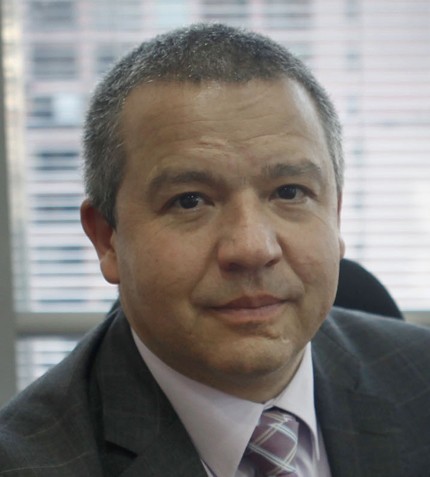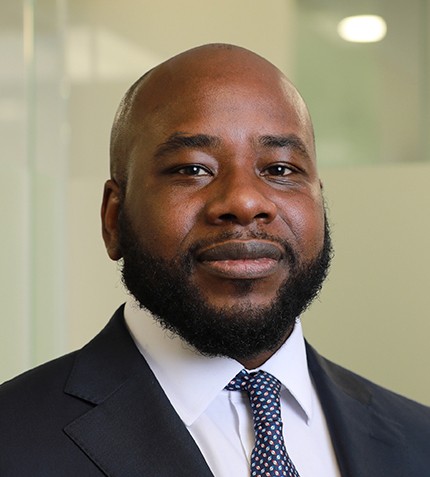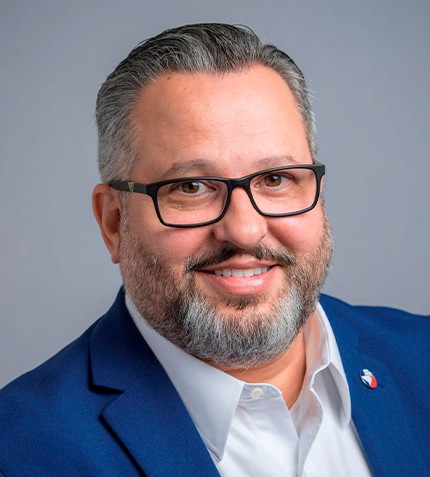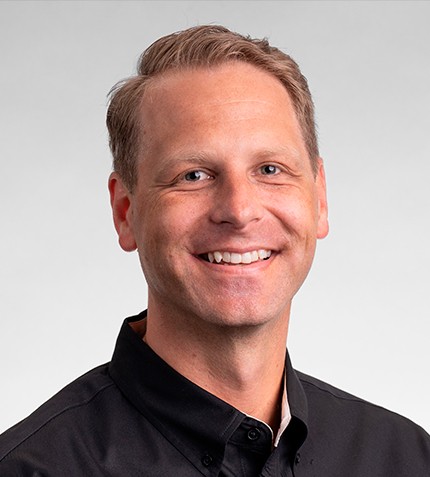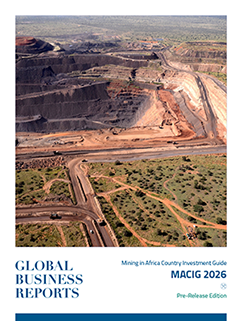
"Distributors need to find the right balance between specialty and commodity chemicals. A lot of the traditional commodity distributors are now going after niche specialties via acquisition. Each company needs to decide where they can have a competitive advantage."
RELATED PUBLICATION
ARTICLES FROM THIS PUBLICATION
Carlos R. Dorticós B.
BUSINESS DIRECTOR, UNIVAR
Univar has focused its investments on Mexico and Brazil in the last decade. Could you give us the highlights of its investments in Mexico?
Univar Worldwide has grown through acquisitions. We started in Mexico with an acquisition of a local distributor in 2007, which was mainly focused on specialty chemicals for industries such as automotive, life sciences and personal care. Then in 2013, we made a massive acquisition, our largest ever in Latin America, of the leading solvents distributor in Mexico called Quimicompuestos. We went from about 70 to 700 employees and are now the leading chemicals distributor in Mexico, particularly in solvents, and last year our share price did very well, passing US$30 per share.
How did the acquisition of Quimicompuestos help you capture growth in some of Mexico’s fast-growing industries?
Solvents are used in pretty much every industry so we have gained business in oil and gas, automotive, paints and coatings and so on, as well as expanded our portfolio. In particular, it gave us a large presence in Mexico City; previously Univar just had an office and three warehouses but after the acquisition we gained almost 30 sites across Mexico. The acquisition also brought a lot of expertise and knowledge and good relationships with local and corporate suppliers. We gained authorizations with companies such as Phillips 66, ExxonMobil, Dow Chemical and Oxea.
Safety is of critical importance to chemical distributors. What is done well in terms of safety in Mexico and what could be done better?
Safety is embraced by almost all Mexican companies and is embedded in Univar’s culture. We do not want to conduct business at any costs. In safety you can always improve but we need to make safety second-nature for employees in the sector so that it is really entrenched in the culture of companies. Univar has an index on incidents, an internal safety program and our processes are in compliance with SOX regulation, as any corporation in the United States must adhere to.
What are Univar’s blending and formulation capabilities and can you provide an example of how it has developed new applications for clients?
Univar can blend and re-pack as the market needs. We are trying to provide more value to our customers. As the economy grows, more small and medium enterprises (SMEs) are being created which cannot so easily obtain all the materials and blends they need. They cannot, for example, buy full trucks or get to the minimum order amount a producer requires. This is where Univar can help them. Particularly detailed new applications are confidential information but what we can say is that we have, for example, developed new applications for organics and solvents for suppliers of the oil and gas industry.
As more companies move into specialty chemicals, how is the business model for chemical distributors evolving?
Companies need tanking and blending capabilities but these also need a significant amount of volume to be utilized, which will not come from only specialty chemicals as the more specialized a company is the less volume they have. Therefore, distributors need to find the right balance between specialty and commodity chemicals. A lot of the traditional commodity distributors are now going after niche specialties via acquisition. Each company needs to decide where they can have a competitive advantage.
Regarding solvents, providers are moving away from basic solvents to those that provide more functionality. It is important for companies to really understand the end-use and the benefits of the chemicals, even if solvents are a commodity product. We need more specialized solvents in the future.
The participation rate for distribution is lower in Mexico compared to the United States or Europe. What objections do distributors typically face from clients?
The key part of distribution is in value-delivery, not just delivering products. Otherwise, customers would believe they can get products more cheaply directly from the source. Distributors can provide multiple shipments, consolidation of material and be a one-stop-shop. Furthermore, by being close to major end-users, distributors learn of new innovations and can help the big producers to invent new products. We are a channel to innovation.
What is Univar’s corporate vision going forward?
Our global vision is to be guided by our three main principles. First is commercial greatness by focusing on our customers and their needs. Second, is operational excellence, meaning being as fast and efficient as we can. Thirdly, we need to become ‘One Univar’, meaning whereever we are in the world or across any business segment, clients have the same high level of satisfaction. Overall we want to continue to grow and deliver value to our customers.





